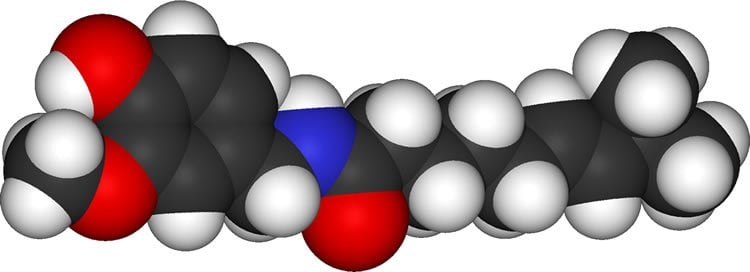A study published in the scientific journal Nature Neuroscience by Yves De Koninck and Robert Bonin, two researchers at Université Laval, reveals that it is possible to relieve pain hypersensitivity using a new method that involves rekindling pain so that it can subsequently be erased. This discovery could lead to novel means to alleviate chronic pain.
The researchers from the Faculty of Medicine at Université Laval and Institut universitaire en santé mentale de Québec (IUSMQ) were inspired by previous work on memory conducted some fifteen years ago. These studies had revealed that when a memory is reactivated during recall, its neurochemical encoding is temporarily unlocked. Simultaneous administration of a drug that blocks neurochemical reconsolidation of the memory results in its erasure.
The investigators wanted to see whether a similar mechanism was at play during neurochemical encoding of pain sensitization. To this end, they injected capsaicin in the foot of mice. Capsaicin, the pungent chemical in chili pepper, triggers a burning sensation. The procedure, which causes no physical damage, triggers pain hypersensitivity through a process of protein synthesis in the spinal cord. After capsaicin injections, the mechanical pressure at which mice would flinch was about a third of that in the normal situation.

Three hours later, the researchers administered a second dose of capsaicin and, at the same time, a drug that blocks protein synthesis. The hypersensitivity then vanished rapidly. Within less than 2 hours, the pressure tolerated by the mice was back to 70% of normal.
Yves De Koninck explains that “when the protein synthesis inhibitor is administered alone, the hypersensitivity remains. The second injection of capsaicin is necessary to render the sensitivity to pain unstable and be able to interfere with its neurochemical reconsolidation. The challenge now will be to find protein synthesis inhibitors that are nontoxic and cause minimal side effects in humans”.
Yves De Koninck is a professor of psychiatry and neuroscience at Université Laval and scientific director of the Institut universitaire en santé mentale de Québec. Robert Bonin is a postdoctoral fellow in Professor De Koninck’s laboratory, where he works on the mechanisms underlying the etiology of chronic pain. He is the recipient of a Catherine Bushnell Fellowship from the Louise and Alan Edwards Foundation. The work was supported financially by the Canadian Institutes of Health Research and the Fonds de la recherche en santé du Québec.
Source Andrée-Anne Stewart – Université Laval
Contact: Université Laval press release
Image Source: The image is credited to Esquilo and is in the public domain
Original Research: Abstract for “A spinal analog of memory reconsolidation enables reversal of hyperalgesia” by Robert P Bonin and Yves De Koninck in Nature Neuroscience. Published online July 6 2014 doi:10.1038/nn.3758






